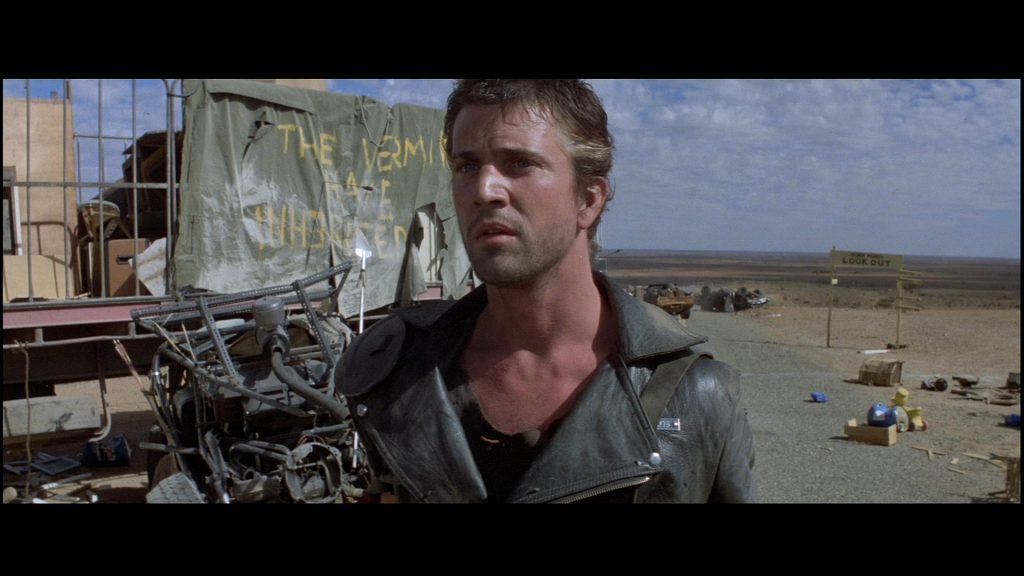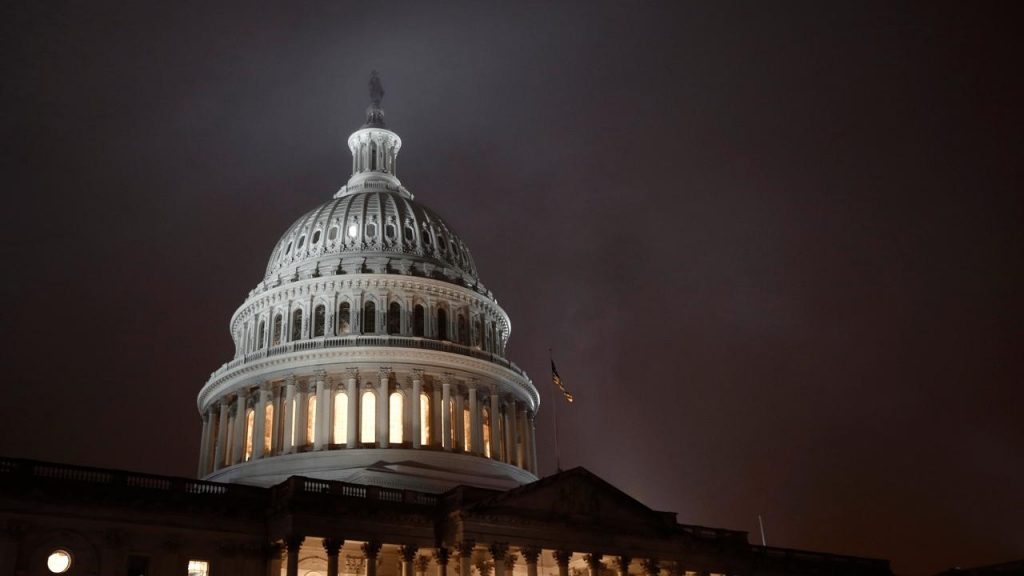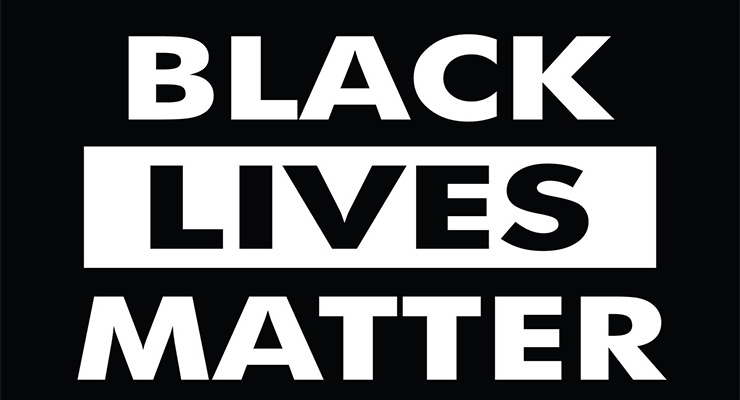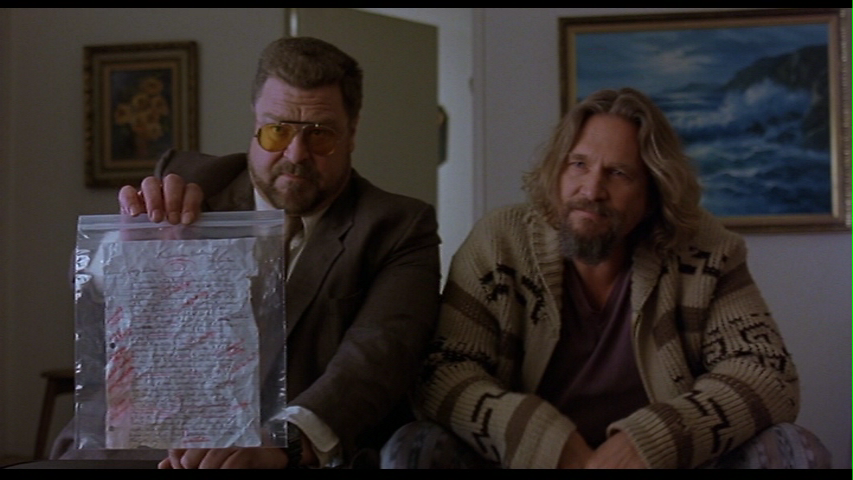
If you’re awake and at all oriented to the world at large, you needn’t go far from the comforts of your mobile phone, laptop or television-hub to see that post-apocalyptic literature has a comfortable spot. Dystopian films, streaming shows and (to a lesser degree) even music and podcasts aren’t the dominant force in entertainment by any stretch, but it would be pretty tough to discount the presence of the noir in society.
With ModState (short for “The Modern State”), we’ve tended to address this from another significant angle, albeit one arguably more subliminal. To be direct, via the written word and numerous episodes of our podcast(s), much has been discussed about the ignominious repeal of the Propaganda Act of 1948 (Smith-Mundt), the possible decline and fall of Net Neutrality, the overt bias of the media in virtually every regard (no matter their slant, everyone’s got an angle, it would seem) and, sadly, the inexplicable willingness of all involved to give candidates like those of the 2012 US POTUS election a free pass when discussing American national debt merely on the basis of whether China should maintain so prominent a spot as it…
…doesn’t. Few could be bothered at the time (and fewer still care to remember) to recall that while the second-largest holding of American national debt is that of intra-departmental holdings (for example, how much money the Department of the Interior has loaned in years of surplus to the Department of Agriculture in its leaner years), the chief holder of America’s burgeoning public debt is that of our own central bank: The Federal Reserve.
I offer no comment as to the appropriateness (or lack thereof) of these facts but will remind the reader that they are just that: statements of fact.
Oh, and the People’s Republic of China? They come in at third amongst primary holders of said debt, not far beyond the amount owned by The Bank of England.
What does post-apocalyptic literature and ModState and the thoroughly misunderstood American national debt have to do with, well, one another?
The role of our published efforts and stated endeavors here at ModState we’ll grant as understood for the sake of discourse: we’re here to facilitate rational discussion between the various elements of the many disparate groups and interests in America.
“It do what, now?”
Relax, that’s the simple part.
The aspect of this demanding far more of us is the relationship between post-apocalyptic material and the gross under-representation of what should be common knowledge. By no means am I hoping to lay waste to “The Walking Dead” or film noir; hardly, as the 1982 dystopian drama “Blade Runner” remains my favorite motion picture to date. Further, “The Road Warrior” has recently been reviewed by our associate editor, Nate Wellein, and myself on a weekend episode of our podcast, referenced a number of times.

In many ways, the Euro-American fascination with the post-apocalyptic is a natural result of two massive concepts: first, the fears propagated by the nuclear coup de grâce ushering in the end of World War II and the dawn of the Cold War (and the potential of further atomic Armageddon). Second, the question of hallowed antiquity that has plagued those equally blessed and cursed with empire, that being, simply, “What’s next?”
By no means am I arguing that the end is near, that a global collapse is nigh. What I am contending, notwithstanding, is that there’s only so long we can wage non-stop warfare, maintain a stable social safety net (and a growing one, at that), commence systemic infrastructure repairs long overdue, make education and capitalist enterprise both more equitable and more accessible to the masses while hoping to strengthen the standing of our own small businesses and national corporations, meet the challenges of a changing global ecosystem (without meaningful commitment from the two biggest polluters on Earth: China and India), foster the placement of American firms and workers at the forefront of new industries (yes, they have and will continue to emerge) and at the epicenter of change requisite of every new era…all of that (if you need to re-read the pan-partisan wishlist of America The Disgruntled, by all means) while facing the indisputable exhaustion of funds for the Social Security Trust Fund coupled with the stark realities of many Americans not being willing to pay exponentially higher taxes nor accept significant reductions in any area of public (government) spending with, last but certainly not least, the fact (readily ignored by all major political factions when it suits their interests) that America’s national debt has passed the $20 trillion threshold.
For a little perspective, consider that if you were to count at one unit per second (just the numbers; “dollars” being implied in the exercise itself) that’s, yes, $60 per minute, $3,600 in an hour, $86,400 in one day and $31,536,000 on the year. For the sake of argument, go ahead and read it out loud: thirty-one million, five-hundred thirty-six thousand. [For the record, saying “and” is commonly misapplied and is appropriate only when referencing decimals or fractions when counting; i.e., 420.69 would read, “four-hundred twenty and sixty-nine hundredths/cents/et al].
I opted to go ahead and pontificate on that largely ignored tidbit on counting and stuff because, well, if you’re wanting to forge ahead and continue until you’ve counted to one trillion (remember, you’re a bit past thirty-one million at the end of one whole year), you’re clearly dedicated and have plenty of time to spare.
In short, if you follow through on that math (no rest, one dollar per second), you’ll reach the $1 trillion (or $1,000,000,000,000) mark in the expanse of 31,709.79 years. For those with an appreciation for the Common Core craptacular variety, that’s easily guestimated at over thirty-thousand years.
Consider that then-chair of the Ways and Means Committee Paul Ryan (R-WI) once stated that the national debt is not an economic or fiscal problem but a political one. In short, he astutely surmised that America has an array of tools at its disposal to shrink the deficit and gradually bring a spiraling government debt down to levels more manageable in the long run and yet for reasons far less clear than plausible solutions there’s a real lack of political will to solve this massive issue.
While Democrats reigned supreme on Capitol Hill, Paul Ryan, Ted Cruz, Sean Hannity and Glenn Beck and company railed against the ruling party Democrats and they were largely correct on the point that despite promising not to add to the deficit at all President Obama presided over the doubling of the national debt. Now that the GOP has its moment to tighten the belt and usher in a time of fiscal responsibility, well…to say they’re rolling the dice by way of Supply-Side (“Trickle Down”) economics is being kind.
The greater point here is that both major national political parties in America will cry foul at the notion that our national debt poses anything close to a threat. At this time, they would be right. So long as The U.S. Dollar remains a sure bet investment for foreign companies and their respective governments and by and large remains the world’s preeminent reserve currency, it won’t matter that the debt is on par with our GDP. A general rule of thumb in economic thinking is that a national debt (for any random state out there) at or surpassing 90% of that nation’s GDP is veering into dangerous waters. But again, only one nation has the benefit of its debt being safe haven for investors by way of its Treasury Bonds and the general view that there exists no perceivable threat to the U.S. Dollar’s standing as the foremost in reserve currency.
Conversely, I’d hope to draw your attention to the wording “at this time” and “there exists” (no realistic threat is apparent). By no means am I encouraging you to cash out, run on the banks and buy gold. Gold won’t get you food any quicker than paper currency if things go the route of “The Walking Dead.” I’ve long been fond of stating that if U.S. Treasury Bonds become worthless, if the U.S. Dollar becomes a non-factor in our economy, our lives? Then the last things we’re going to be worried about are Treasuries, oil futures, short-sells or whether our dollars will be worth anything at Target. No, that’s a different ballgame.
However melodramatic a comparison, it does bring to mind Ripley’s infamous rant before the Board of Inquiry early on in “Aliens.” She flings a fistful of paperwork before a hapless room of suits, stating, “And this, all of this bullshit that you think is so important? You can just kiss all that goodbye!”
Part of the promise of ModState has been in facilitating rational discussion, respectful debate and encouraging the nascent thinkers of today to come to the fore and engage one another in addressing the challenges and relishing the blessings of the status quo. There’s a litany evidence in both our editorial and multimedia product to support this, so much so that to begin citing it would inevitably be superfluous to requirement and the patience of both author and reader. The long and short of this is, we’ve succeeded in that goal nearly two years in with a laughable amount not spent in promoting the publication of said material. With the expansion to dedicated video (YouTube) accompaniment to the podcast as well as the inevitable advent of our mobile app and potential social media apparatus, to quote the fabled sage Tela, our “future looks like Sinatra’s past.”
In other words, we’re as glib on our own future as we are on that of America, Her Republic and Her people as well as the coalition abroad.
We would do well to remember, however, that hope is not a plan and that idealism is all fine and well so long as we’ve a pragmatic way to achieve those ideals.

As I paid reference to on the podcast with Mr. Wellein recently, I often wondered about that dynamic narrative introduction to “The Road Warrior” (“Mad Max 2” outside America) when it went on about how despite the looming and apparent crises engulfing the globe, the world’s leaders simply talked and talked. Nothing was done as a systemic collapse befell society.
And rest assured, if civilization does collapse it does so quickly. It is far more difficult to rise above the animal and base in us and cooperate for the sake of all. Hence the irony of our modern fascination with international collapse while paying little heed to some things along the way that may facilitate (if not expedite) the trip to Megiddo.














